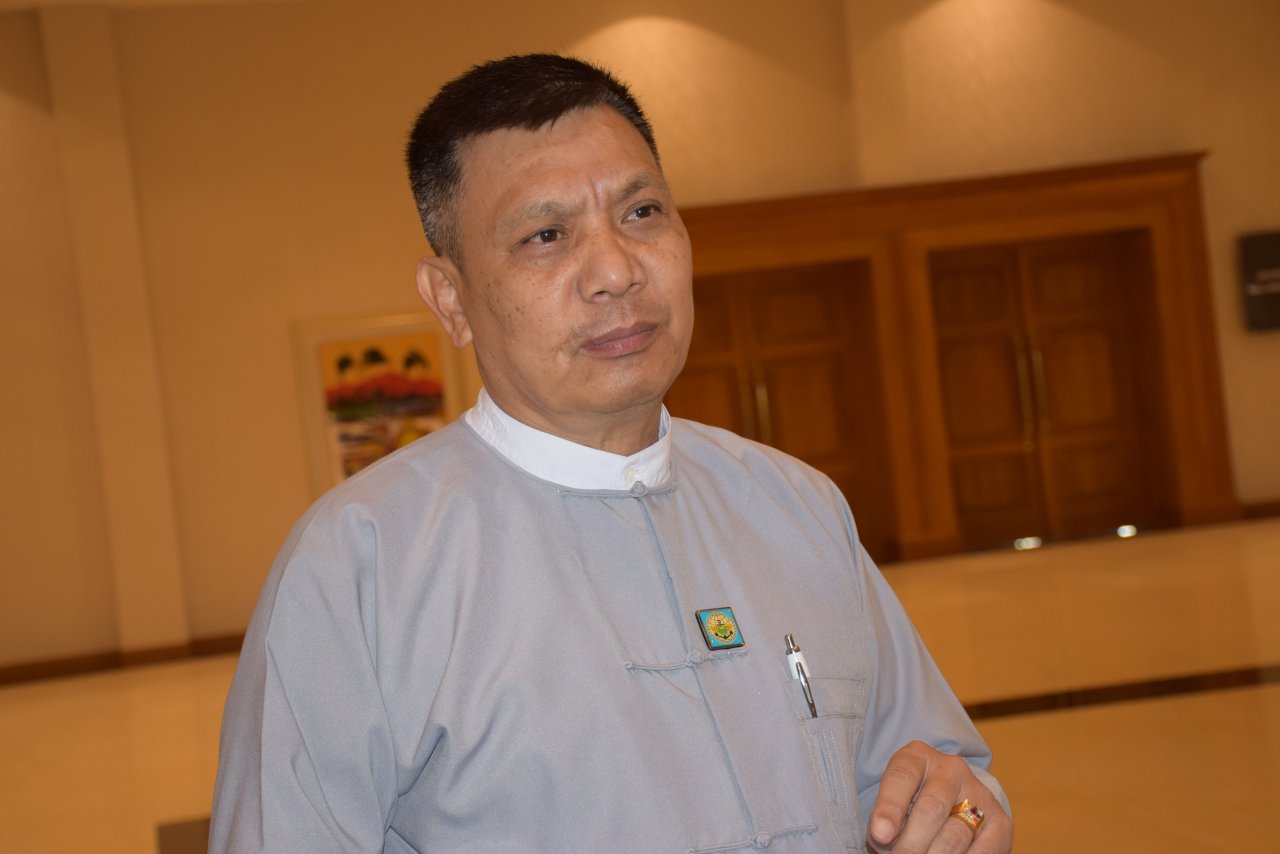Thailand: Crossborder trucking traffic to increase with Myanmar
Thailand and Myanmar are expected by the end of this month to sign a memorandum of understanding for the Initial Implementation of a Cross-border Transport Agreement (IICBTA) to facilitate crucial improvements in logistics within the Greater Mekong Subregion (GMS).
Within four months after the signing, 100 trucks each side would be allowed to cross the border back and forth in both directions between Myanmar’s Mawlamyine and Thailand’s Mukdahan along the east-west corridor, according to Aung Khin Myint, chairman of Myanmar International Freight Forwarders’ Association.
The MoU is a part of the Crossborder Transport Agreement ratified by six countries in the GMS – Cambodia, China, Laos, Myanmar, Thailand and Vietnam.
Myanmar has not yet fully ratified annexes and protocols of the pact, making necessary the bilateral MoU with Thailand to facilitate the high demand for cross-border movements, Aung Khin Myint said.
Myanmar is now improving its transportation facilities including roads and vehicles as well as human resources to support logistic sector in the country and in the region, said Sann Myint Au, Myanmar’s managing director of Road Transport Department.
The country recently launched a national logistics masterplan with 167 projects to develop road netฌworks and other facilities to bring Myanmar’s logistics system up to international standard and build strong connections to countries in the Mekong region, he said. “To link with the Asian Highway and GMS economic corridors, the surface condition and alignment of many roads in Myanmar needed an upgrade,” he said.
While the main routes connecting to the Asian Highway meet international standards, many roads in rural areas and provinces needed to be improved to meet the Asean standards of 10 tonnes per axle for a road network carrying heavy loads.
“In term of logistics, we still urgentฌly need truck terminals and high density international standard warehouses, as well as information for backloading empty trucks. If we can provide those services, costs would be reduced,” Sann Myint Au said.
It is also important to improve the skills of truck drivers, said Sann Myint Au, who presided over the launching of “Training for Companies on Eco and Defensive Driving” programme in Nay Pyi Taw on March 1316.
Sponsored by the European Union, the programme aims to increase sustainable freight transฌport and logistics in the country with participation of 150 small and medium companies.
U Kyin Thein, vice chairman of Myanmar Highway Freight Transportation Service Association sent two drivers from his Htun Padetha Logistic company’s Yangon and Mandalay branches to join the programme.
While the programme aims to train the trainees to drive safely and save energy, Kyin Thein said his company has applied for the licence for international transport and would later train drivers to a higher skill level and to follow laws and regulations of other countries.
Source: http://www.nationmultimedia.com/detail/Economy/30341708


 English
English




